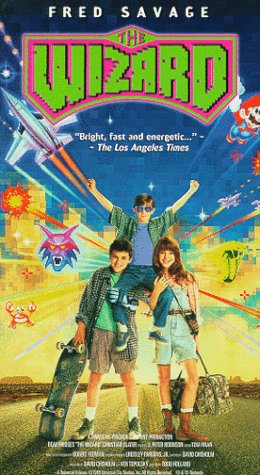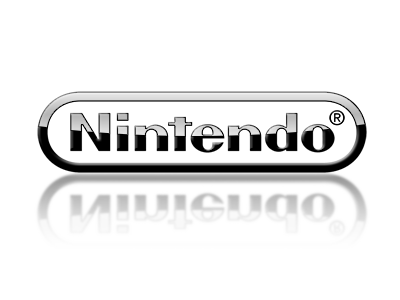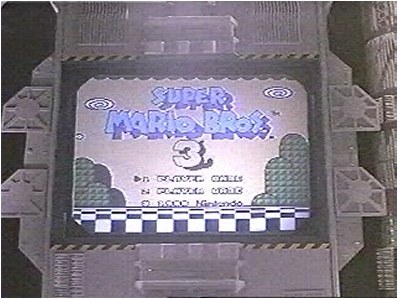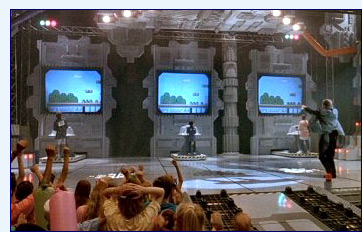heck is a
yuletide?
- HOME
- YOUTUBE
- ARTICLES
- VIDEOS
- THEATER
- CLASSIFIEDS
- VHS COVERS
- CEREAL BOXES
- GAME BOX ART
- READ ALONGS
- PODCASTS
- FORUM
- FAQ
- POINTS STORE
Don't mess
with the bull.
JOIN!!!

Nintendo Is a Wizard at Product Placement





Fulton4V Posted on Aug 28, 2014 at 05:32 PM
Wizard was one of my favorite movies growing up. I remember being very excited about mario 3 at the time and thought the kids playing were so lucky. I havent watched it in a long long time. Good movie.
Benjanime Posted on Aug 25, 2014 at 03:42 PM
well the avgn DID point out that the wizard was one big advertisement, mostly for that power glove, and just to make everyone in the U.S. go nuts over super mario bros. 3 before it got released in the states
Vaporman87 Posted on Aug 25, 2014 at 02:43 PM
I might catch some flack for this, but I have NEVER watched The Wizard. I've known about it for quite some time, but wasn't interested in it when it was released in theaters, and never was able to build up any interest in it thereafter.
As has been discussed here in the forums (see: http://retro-daze.org/site/thread/456 ), 1989 was a huge year for movies, with Batman taking the lead. This film never stood a chance to earn my movie ticket money.
But now, with the nostalgia factor of it increasing every year, I think it's time I give this movie a viewing. It's a long time coming, but it's time to scratch this one off my bucket list. :)
Saturdays were the best as a kid, especially in the 90's, for several reasons. These include no school and it being the best day of the week for carto...
A Flurry of Hadoukens and Shoryukens By Anthony J. Rapino &nb...
Spider-Man has worn many costumes over the years, every once in a while feeling the need to change up his iconic red and blue outfit. As you might hav...
Once upon a time, we saw the future, and it changed color with heat!Really, you practically couldn’t afford not to buy a HyperColor shirt. I mean, i...
Like most kids of the 80’s and 90’s, I spent a lot of time in places with arcade games. There was Showbiz Pizza, Chuck E Cheese, and Putt-Putt G...







